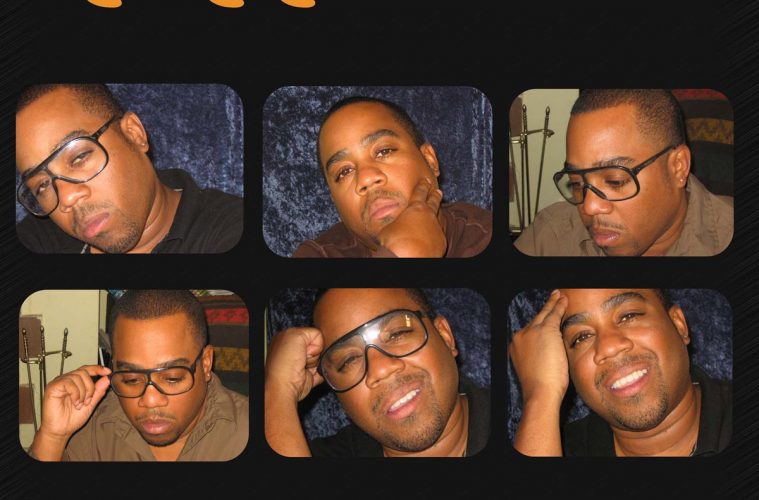San Franciscan MC-cum-producer K-Maxx makes an earnest attempt to find a balance between candid lyricism, bouncy party hooks (with a tinge of hyphy) and early ‘90s R&B on “The Whole Woo Wop,” his third effort that fittingly means “all-encompassing.” While K-Maxx (a moniker that seems to point to his early career as a radio host) certainly encompasses a number of styles and genres, here, there is a definite imbalance in quality from one song to the next.
Top-heavy and completely self-produced, “The Whole Woo Wop” is a better showcase for the rapper’s ability to create polished, sometimes organic soundscapes that often dominate one’s attention. The run-of-the-mill “Brenda’s Got a Baby” narrative verses of “Betta Days” are swallowed up by the dynamic production, pairing an increasingly abstract piano flush with claps that steer the track toward the inspirational. K-Maxx has a bad habit of dramatizing and solemnizing his songs, taking away from the otherwise impressively wrought “Life is Love” and “Last Verse.” The latter, which closes the album, risks bathos with a passionate electric guitar solo that ultimately helps turn a misguided second half into something poignant.
K-Maxx’s rhyming is never as ambitious as his production, but it’s often good enough, occasionally clever and delivered with an experienced flow. “What They Claim” is as close the album gets to a rapper’s showcase, as K-Maxx and Toronto native Young Skitz provide emotional takes on the realities of living in the ghetto over a beat that sounds a bit too much like the acoustic version of “Thugz Mansion,” which isn’t entirely a bad thing. Other guest MCs fare worse; Andre Nickatina comes off as a poor man’s Bun B on the silly “Docta,” while Mano Negra’s Spanish verse on “Let Em Play” does nothing for the unilingual English-speaker. That said, Bay Area legend Zumbi of Zion I brings a much-needed vitality to “Til Then,” as K-Maxx thought it a good idea to start every bar with “Til’,” without considering its likely monotony.
The aforementioned genre-bending cuts never really rise above “interestingly experimental;” the funky “SupaDrunk” aspires to be the equivalent of Pharoahe Monch’s “Body Baby,” but literally runs out of ideas after thirty seconds. K-Maxx is not a bad singer, but the R&B joint “Sessual” is likely the album’s most tedious two-and-a-half minute stretch. If K-Maxx is to be a successful crossover artist, his writing will have to improve greatly.
“The Whole Woo Wop” isn’t an entirely successful album, but it’s ambitious and K-Maxx uses his local sound as a stepping-stone—not as a safety belt. Having not heard his first two albums (both released in the ‘90s), it would be interesting to compare them, as it certainly seems like he is growing as an artist. I can only hope his pen will reach the refinement of his production.

